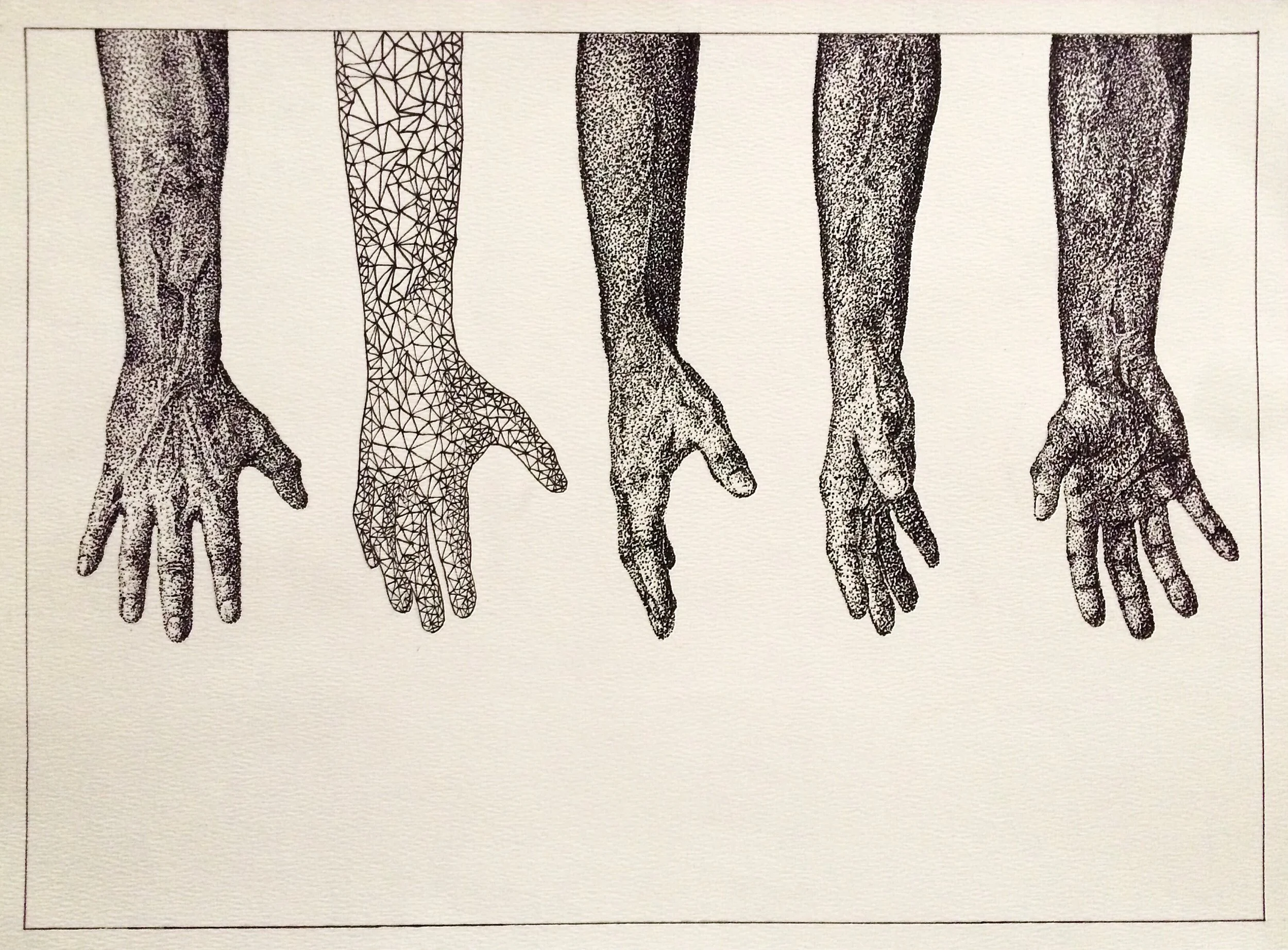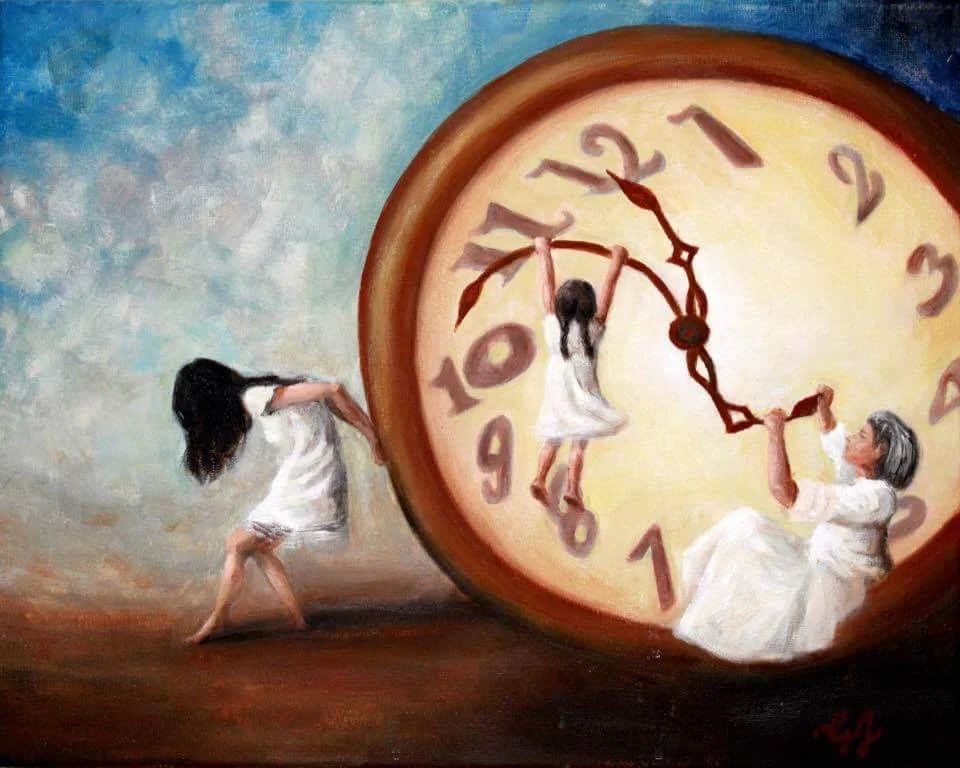Trigger warnings: Sexual Assault.
Tell us a little bit about yourself.
My name is Helen Price, and I am a senior in Davenport. At the beginning of my sophomore year, I co-founded Unite Against Sexual Assault Yale (USAY). We do a lot of work on campus to advocate for sexual respect, and give people the tools to be good allies to victims of sexual assault. We have a partnership with the Sex Workers Allies Network, and we run workshops about gender violence in all male spaces like fraternities. We also organized a large conference about addressing sexual assault in April of 2015. For organizations that are interested, we consult with their groups to help them create a more sexually respectable climate.
That’s awesome. As you know, the focus of the Yale Layer is mental health. How can being sexually assaulted affect someone’s mental health?
It’s impossible to overstate the impact that being assaulted can have on someone’s mental health. It is incredibly violating. What I have seen is that a lot of victims will beat themselves up, and inflict a lot of self-blame upon themselves. A lot of people will think to themselves, “What could I have done differently?”, which can often be very anxiety and stress producing.
Additionally, a lot of people feel very conscious about their reaction to being assaulted. The narrative is that you should be crying and devastated right away, but that is not how trauma actually works for a lot of people. A lot of people will go about their routine for a few week fairly normally, in a sort of numb state. Then it may hit them all at once. With sexual assault, the recovery process is not linear. Even months after the assault, panic attacks and flashbacks can occur.
I see what you’re saying. If someone is trying to cope with that trauma in the wake of an assault, what are some of the best ways they can take care of themselves? Or take care of a friend?
One of the key things that I really encourage people to do is to go to the SHARE center or seek some sort of counseling. Being able to work through the initial shock with someone has been really beneficial and make their recovery easier in the long term. I think you also can’t underestimate practical things like going to your Dean and getting academic accommodations or getting lecture notes from a friend. For a lot of people the aftermath of an assault is like walking through cement, meaning that a lot of things that used to be easy become really hard to do.
If you are helping a friend, you need to make sure that you are taking care of yourself as well because supporting someone is a huge emotional undertaking. Keep in mind that SHARE also listens to friends and allies. Another key thing to keep in mind that you can’t overstate the beneficial impact that just listening can have--just being a calming and safe presence for your friend.
That’s great advice. Obviously another huge aspect of the aftermath of an assault is deciding whether or not to go through the reporting process. What are some of the things that might deter someone from reporting their assault?
For one thing, a lot of people do not feel up to going to the hospital and getting a rape kit and STD testing done right after they have been assaulted. A lot of people are not aware of the fact that you cannot get a rape kit at Yale Health; you have to go to Yale New Haven for legal reasons. It is often a very daunting task, so I would recommend going with a friend or accompanying your friend if they need. Also, to gather proper evidence, do not shower right away and make sure to put your clothes in a plastic bag.
Practical steps aside, I think a lot of people do not report their assault because they are concerned about being re-traumatized by having to tell their story over again. Informal resolutions are a very helpful tool in making victims feel safe without going through the full reporting process--for example by ensuring that you are not in section with the person who assaulted you.
Do you have any final thoughts you would want to give to someone who is struggling?
Be kind to yourself. This is especially important within the context of Yale, where we are constantly on the go and pride ourselves in how much we can do at once. If you are suddenly in a situation where you may feel “weak” or “unproductive” due to a mental illness, assault, or bereavement, for a lot of Yale students dealing with that feeling can be just as hard as the incident itself.
Be kind to yourself. You cannot necessarily expect yourself to be a machine and handle an assault the way you gracefully handle every other aspect of your life. Do not feel ashamed about asking for help from your friends and professors. Prioritize your own needs for once, which is something I’ve seen that Yale students do not tend to do a lot. Be kind to yourself.
Thank you so much for your wisdom.
If you want to learn more, check out http://usay-yale.com/.


